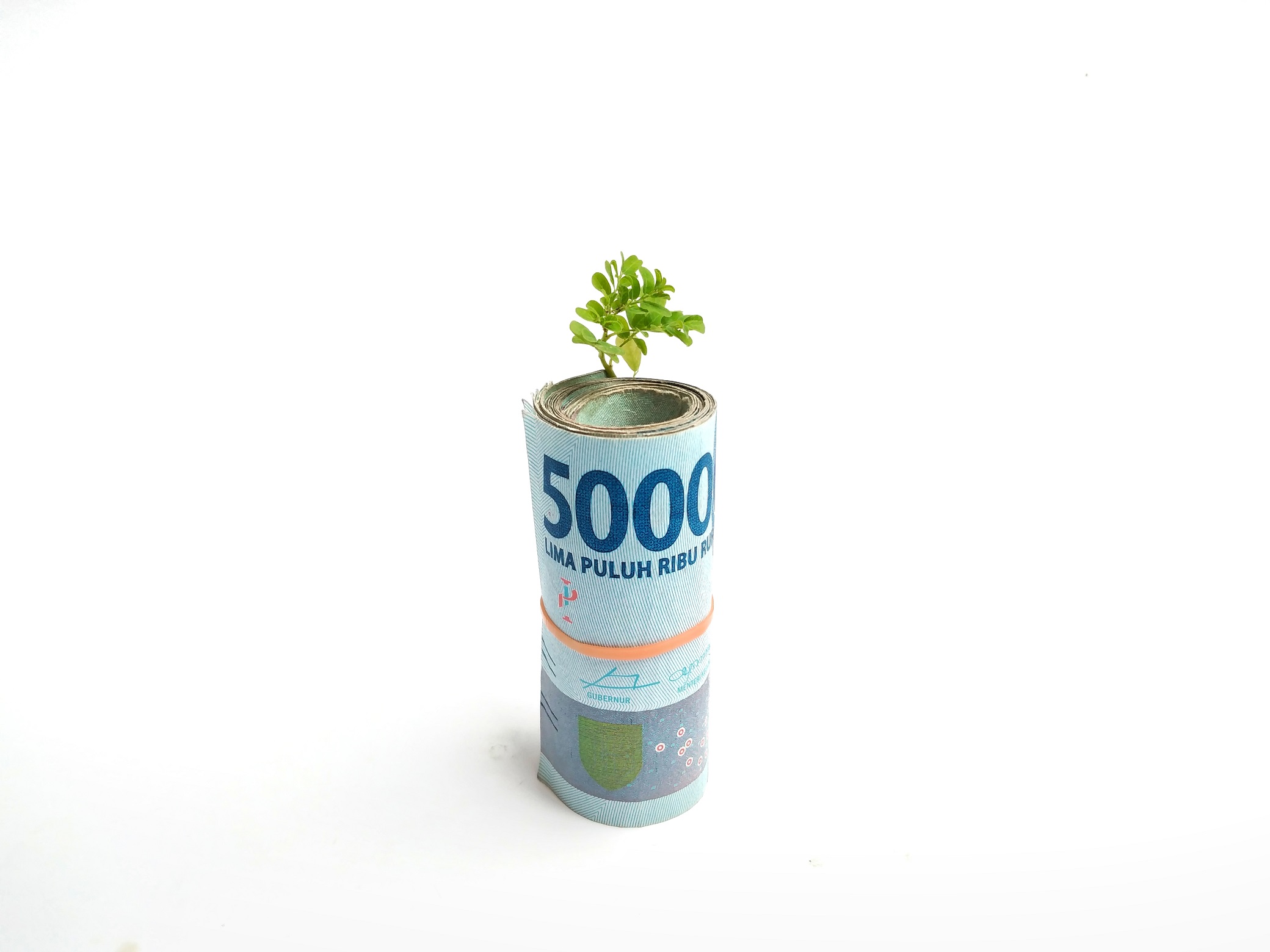
Corporate social responsibility and Corporate sustainability are like two sides of the same coin. They are parts of the same entity but are quite dissimilar from each other in their functionalities and components. Both the concepts maneuver the corporates towards developing environmentally friendly business strategies, however, their role in creating this change is quite different.
When sustainability is viewed as being a matter of survival for your business, I believe you can create a massive change.” – Camaron Sinclair
Recently a massive number of businesses have turned their heads to sustainable development and taken their business to greater heights. That’s what Corporate sustainability is all about – Corporate sustainability is an approach aiming to create long-term stakeholder value through the implementation of a business strategy that focuses on the ethical, social, environmental, cultural, and economic dimensions of doing business. The strategies created are intended to foster longevity, transparency, and proper employee development within business organizations.”
(Source – https://en.wikipedia.org/wiki/Corporate_sustainability)
When a business adopts a sustainable approach it not only strategize their economic policies but also creates an economy that focuses on meeting the needs of the present generation without compromising that of the future generation. Balancing Economic progress, environmental elements and social fundamentals is the key to Corporate Sustainability.
Corporate Social Responsibility is a hard-edged business decision. Not because it is a nice thing to do or because people are focusing us to do it.. because it is good for our business.” – Niall Fitzerald, Former CEO, Unilever.
Corporate Social Responsibility is a management concept whereby companies integrate social and environmental concerns in their business operations and interactions with their stakeholders.
CSR thrives on charity, philanthropy, or sponsorships to drive brand growth. It helps in enhancing the trust and reputation of the business and strengthens brand visibility and loyalty.
A successful CSR policy can provide great competitive advantages with increased sales and profits. It also helps in creating much-enhanced access to investments and markets with lower operational costs, improved customer loyalty. This paves the path for upgraded decision-making strategies and risk management policies too.

Incentives like brand image, customer loyalty, social status, economic development, etc motivate businesses to strategize themselves on the path of CSR and sustainability. The investors and the end consumers values organizations that are socially active and follow ethical practices. They attract stakeholders by increasing their social impact and supporting green initiatives. Thus, this helps them to gain an edge over their competitors in the market and helps enhance their social power too.
CSR and Sustainability are similar but not the same. They are part of the same family but are two distinct individual entities that work for a single goal – The development of Socioeconomic and environmental goals.
Let’s say a fashion brand manufacturer is implementing CSR and sustainable policies. Now the manufacturer can communicate the CSR goals internally or through various press releases that they are committed to being more responsible in developing greener business strategies. Sustainability builds strategies on these CSR goals, such as an 80% decrease in plastic usage, developing reusable carry bags, and maintaining 100 acres of green forest in the area.
Though CSR and Corporate sustainability might be different, they are closely entwined with each other and they help pave the path for a greener future for businesses and society. Adopting these components, the organizations promise their stakeholders to conduct businesses transparently and ethically consisting of socially, economically, and environmentally sound policies.
Our consumers are very sensitive to social and environmental issues… We have actively engaged with them on these issues in the last ten years, and they have become very aware as consumers. They especially ask for information on environmental policies, workers’ rights, and product safety.
Walter Dondi, Director of Co-op Adriatica (Italy’s largest retailer)
These two terms Sustainability and CSR can seem interchangeable, but there are some subtle, and not so subtle, differences between them.
I hope this article helps you understand the relationship between CSR and Sustainability.
Sustainability is the ability to maintain various systems and processes — environmentally, socially, and economically — over time in an organization. At the other hand Corporate Social Responsibility, or CSR, usually refers to a company’s commitment to practice environmental and social sustainability and to be good stewards of the environment and the social landscapes in which they operate.
Leave a Reply